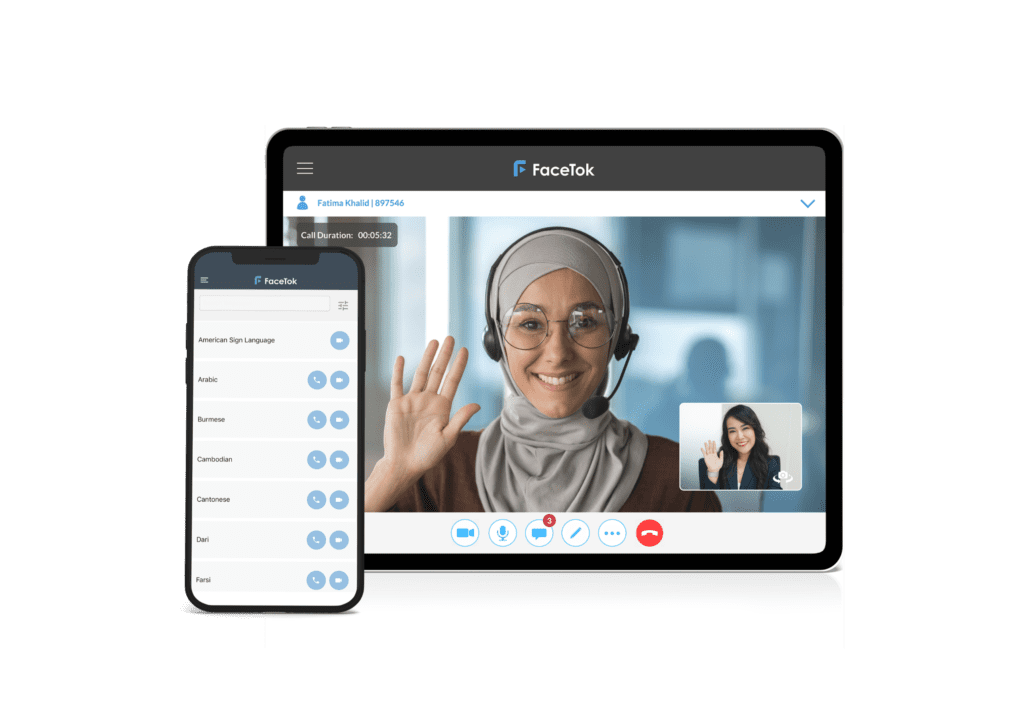1. Develop Essential Skills:
- Language Proficiency: Ensure you have native or near-native proficiency in both the source and target languages.
- Active Listening: Hone your active listening skills to accurately capture and convey the speaker’s message.
- Cultural Sensitivity: Understand the cultural nuances and context associated with the languages you interpret.
2. Obtain Necessary Training and Certification:
- Training Programs: Enroll in telephone interpretation training programs to learn specific techniques and best practices.
- Certification: Obtain relevant certifications from recognized bodies such as the American Translators Association (ATA) or the Certification Commission for Healthcare Interpreters (CCHI) to validate your skills and increase job prospects.
3. Set Up Your Workspace:
- Quiet Environment: Create a quiet, distraction-free workspace to ensure clear communication during calls.
- Reliable Equipment: Use a high-quality headset and a reliable phone or VoIP system to ensure good audio quality.
- Stable Internet Connection: If using VoIP, ensure you have a stable and fast internet connection to avoid disruptions.
4. Familiarize Yourself with Technology:
- Interpreting Platforms: Learn to use various telephone interpreting platforms and software that your employer or clients may use.
- Call Handling: Understand how to handle calls, including connecting, transferring, and ending calls properly.
5. Practice Professional Etiquette:
- Introduction: Begin each call by introducing yourself, stating your interpreter ID (if applicable), and confirming the languages you will be interpreting.
- Confidentiality: Maintain confidentiality and adhere to ethical guidelines, especially in sensitive situations.
- Neutrality: Remain neutral and avoid inserting personal opinions or altering the speaker’s message.
6. Develop Efficient Note-Taking Skills:
- Abbreviations and Symbols: Use abbreviations and symbols to quickly jot down key points during the conversation.
- Clarity: Ensure your notes are clear and legible for accurate interpretation.
7. Execute the Interpretation:
- Consecutive Interpretation: Typically, telephone interpretation is done consecutively. Listen to a segment of speech, take notes if necessary, and then render the interpretation once the speaker pauses.
- Accuracy: Focus on delivering an accurate and complete interpretation without omitting or adding information.
- Pace: Maintain a steady pace, ensuring that both parties understand each other without long pauses or interruptions.
8. Handle Difficult Situations:
- Clarification: Politely ask for clarification if you do not understand something. It’s better to ask than to guess and risk misinterpretation.
- Cultural Differences: Be aware of cultural differences that may affect communication and handle them sensitively.
- Stress Management: Develop strategies to manage stress, as telephone interpretation can be demanding and requires concentration.
9. Continue Professional Development:
- Feedback: Seek feedback from clients or supervisors to improve your skills.
- Training: Engage in continuous training and professional development to stay updated with industry standards and best practices.
- Networking: Join professional organizations and online communities for interpreters to network, share experiences, and learn from peers.
By following these steps, you can effectively perform telephone interpretation, ensuring clear and accurate communication between parties speaking different languages.




